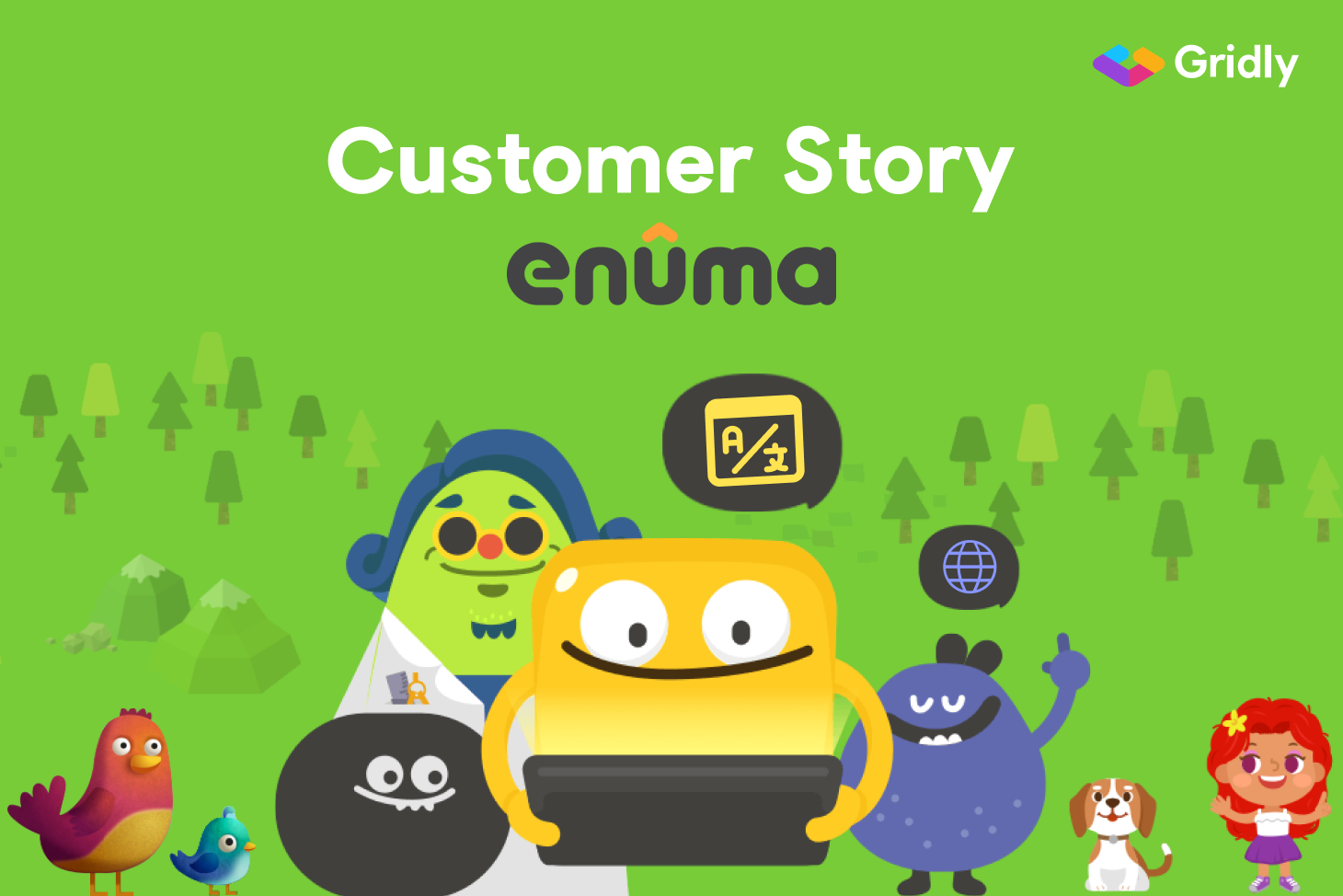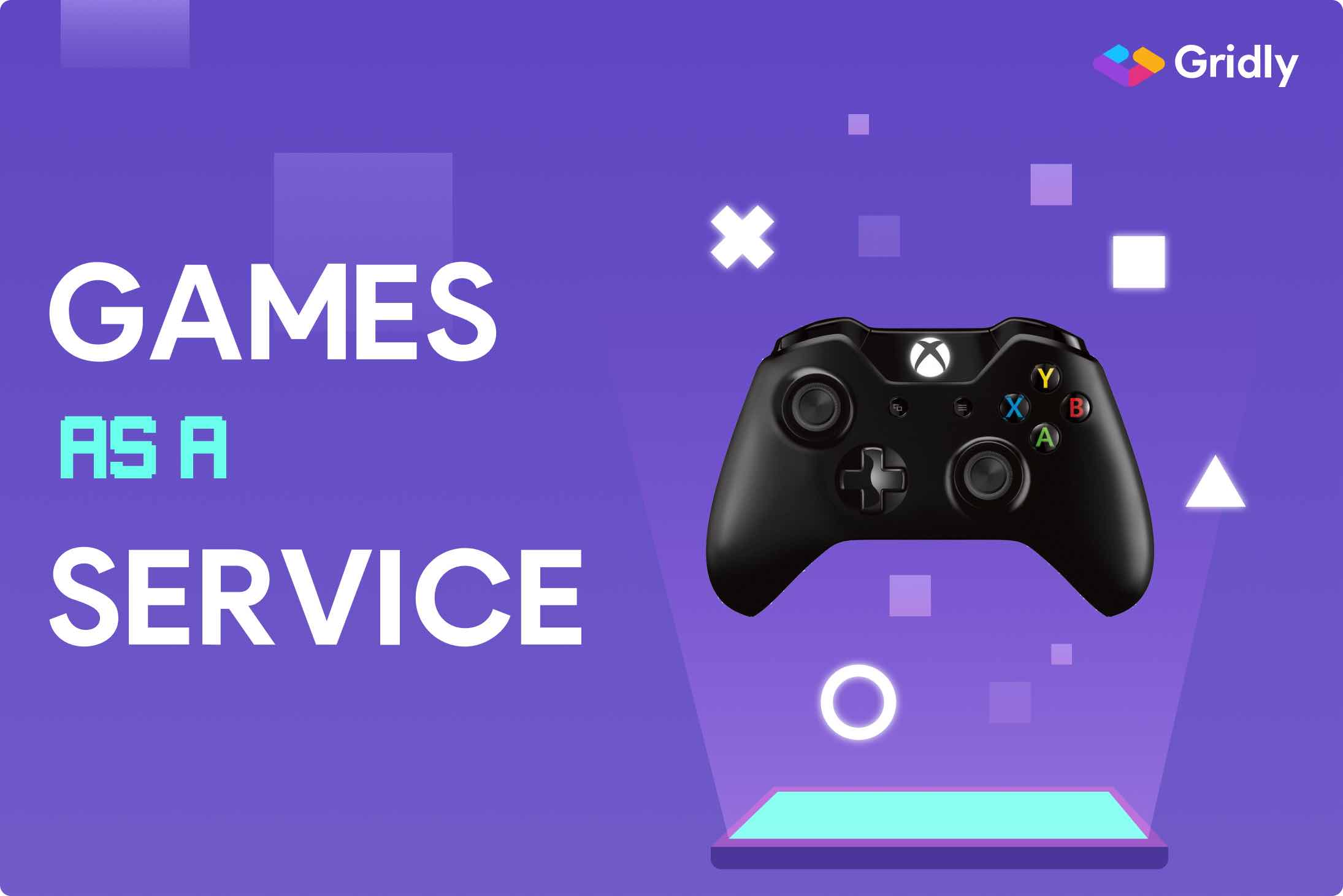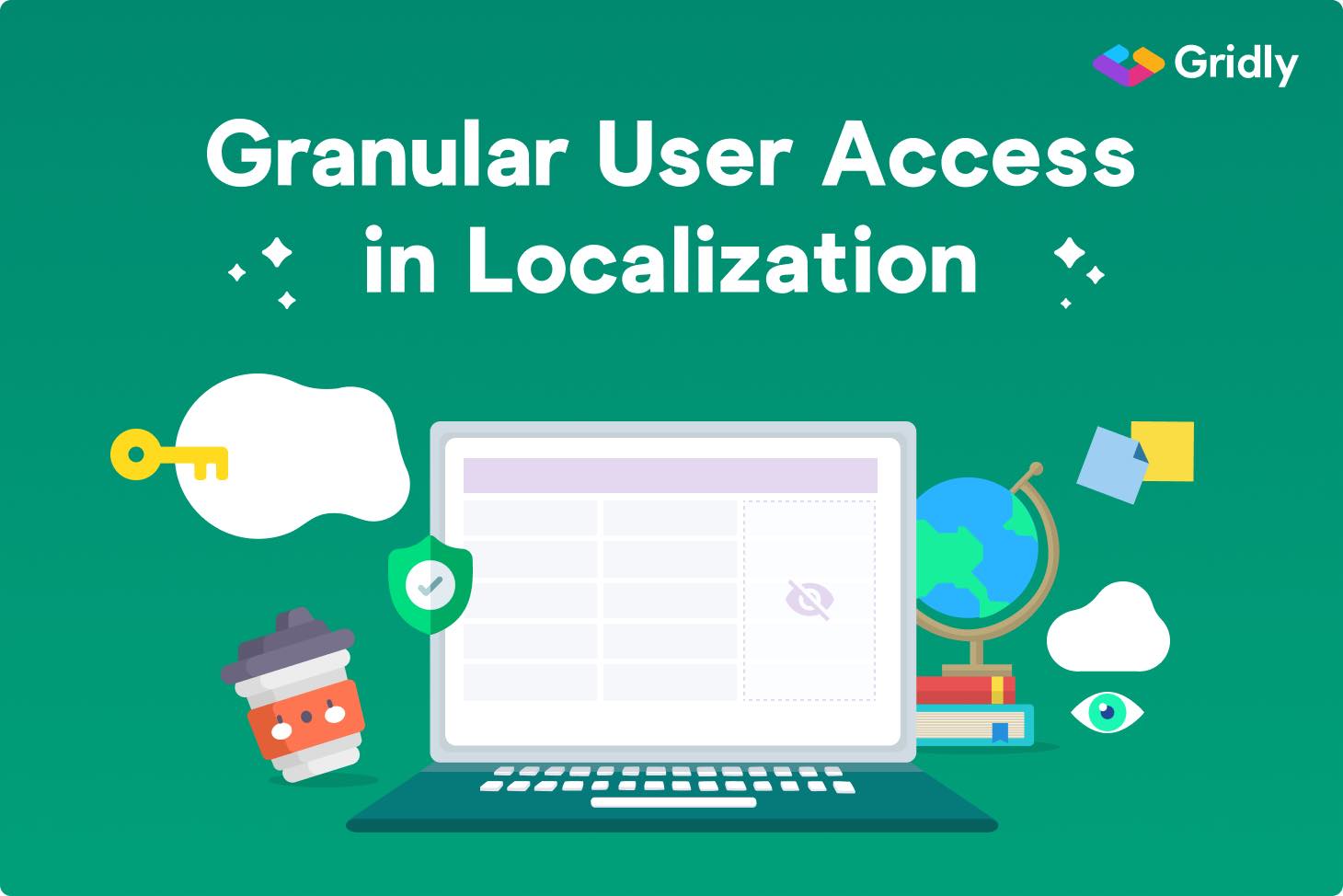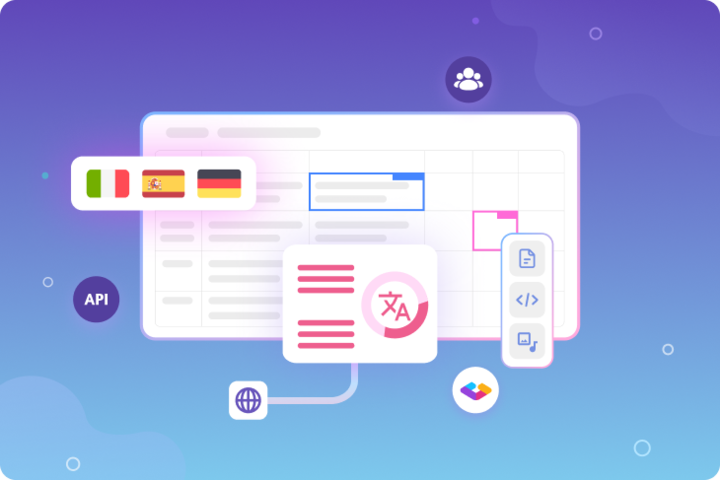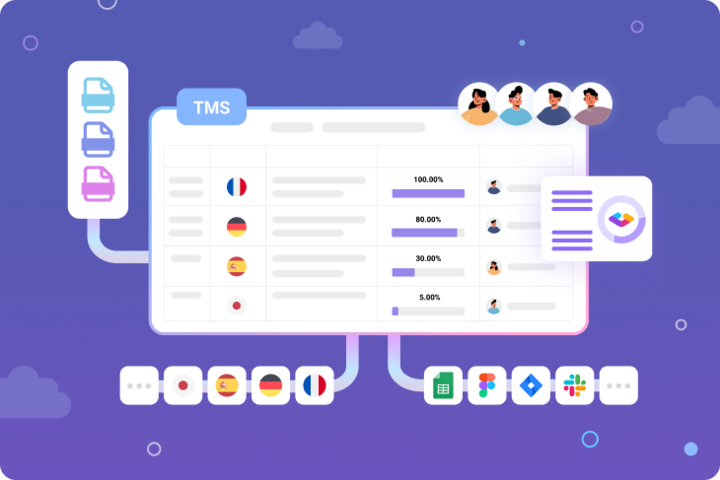A new way to learn for kids, parents, and teachers
Todo Math, Enuma’s flagship product, has recorded over 10 million downloads worldwide. Their recently launched app, Todo English, combines game-based learning activities, worksheets, and videos while sharing progress reports with parents through chatbots.
>> Read: Enuma’s beta testing in Indonesia
Mike Kim, the company’s Globalization Director, is deeply involved in managing texts for multiple projects delivering experiences in a plethora of languages. He facilitates the smooth running of the entire localization process with various workflows depending on the particular project’s requirements.
Skilled with leading localization projects for Tencent, Machine Zone, and NCSoft, Mike Kim joined Enuma in the turn of 2019. He quickly knew current tools would need heavy customization to match requirements being put on text management and localization systems.
Synchronizing all updates between production and localization involved a lot of heavy lifting. To mitigate the potential flood of manual work and maintain control over published texts, the beginning of 2020 at Enuma was about seeking a solution.
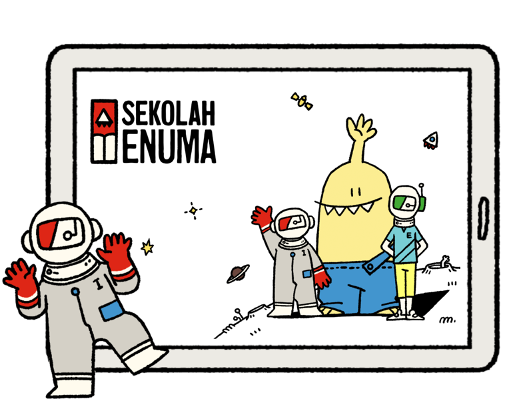
\
Hybrid localization processes
One of the challenges the new solution needed to overcome was that part of Enuma’s team is located in South Korea and Korean is used as the source language for some of Enuma’s apps.
While certain languages are easier to be translated directly from Korean, such as Japanese or Chinese, for the others it is more efficient to use English as a pivot language. The new solution should be capable of managing all of these hybrid localization processes, with or without the pivot language.
Designers, product managers, engineers, and localization partners are key groups of teams involved in working with texts for Enuma’s projects. With various markets, target languages and service providers, every project involves various localization workflow and text management tactics.
“Gridly helped us centralize all strings in one place and allows different teams to easily access. Translation pass is now faster and we have greater control over text management and partners.”
Mike Kim, Globalization Director, Enuma, Inc.
A text management solution meeting both development and localization needs
Enuma chose Gridly for its intuitive spreadsheet-like interface and combination of both translation management abilities and crucial developer-facing functionality. Having all the points developers would need, Gridly gave Enuma new possibilities for how to manage content, access rights, and team collaboration.
As opposed to traditional CAT tools, key stakeholders got a hang of Gridly from the very get-go. That helped onboard the majority of Enuma’s users in a predominantly “self-serve” way with minimum effort in a short time span.
Embracing Gridly in 2 weeks
When pointing to calendar dates, Mike describes Gridly’s implementation as a two-week project from start to finish. In the first week, Grids, their columns, and dependencies between them were set up. Data was imported into Gridly and the solution was introduced to key stakeholders within the company.
After positive feedback, engineers were involved to then integrate and sync Gridly with Jenkins, a solution used by Enuma as an integration platform for other systems in place.
Designers and product managers were then given access to Gridly and started working on editing text without any sophisticated training needed. They can also create new texts and content in Gridly for updates to Enuma’s apps.
As a cloud-based system securely connected with the integration platform used by Enuma’s applications, Gridly gives team members the freedom to work from anywhere in the world, with slim-to-no maintenance needed.
All Enuma’s application’s texts are managed in projects consisting of a database with several Grids. Multiple Views that represent content releases are created within the Grids and pushed via API to the environment used by Enuma’s applications.
When asked about the most important Gridly features, Mike Kim would pick the following three.
Dependencies
Enuma uses Dependencies to track updates in the source language and change statuses of pivot and target languages accordingly. By setting Dependencies between content types, Enuma can control the entire hybrid localization workflow whether a pivot or even multiple pivot languages are involved or not.
“Dependencies are a huge time saver and it has the flexibility we need to control what is ready for localization and what is ready for production.”\
Mike Kim, Globalization Director, Enuma, Inc.
>> How Gridly can help with using a pivot language in localization
Sorting and Filtering
Product managers, designers, and developers can easily combine multiple conditions to sort and filter all texts and data stored in Gridly. They can access content instantly, and save their selections as Views that they can switch between or share with other peers or systems.
Localization Import and Export
Localization managers use Gridly to manage how localization batches are shared with various translation partners. Via a shared link, an Add-on connected to their CAT tool, or via an API connection, translation partners can access the source content and import back translations.
The built-in version control system checks translation statuses by comparing the last update of exported and imported translations. That provides Enuma with a clear overview of which translations are ready to use or need an update because they were changed in the meantime.
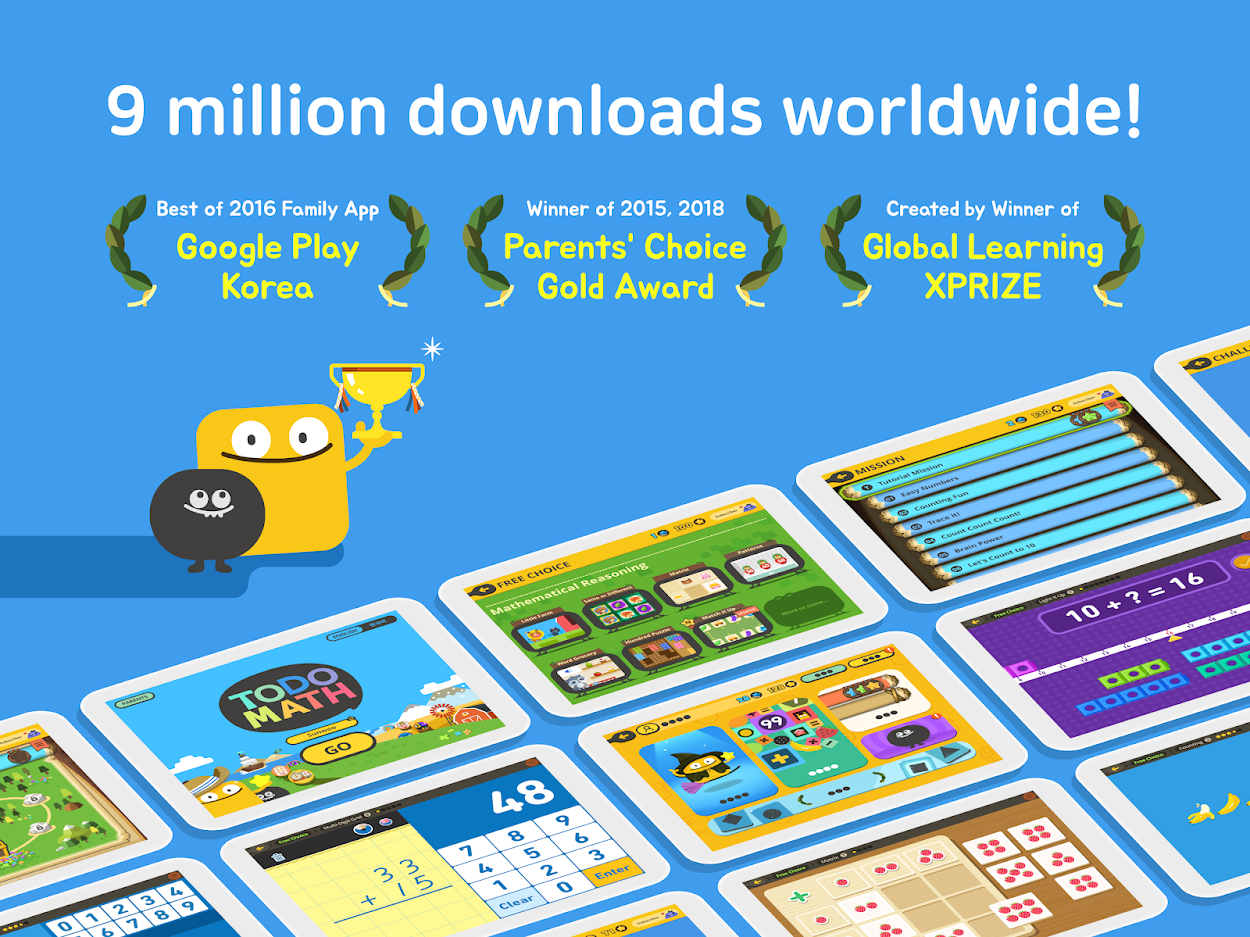
Meeting individual needs without heavy customization
In summary, implementing Gridly took Enuma roughly two weeks and resulted in a more convenient and faster way to pass texts for translation and update in-app texts. Although every Enuma’s project involves different development and localization processes, no heavy customization was needed.
Greater control over managing texts is reported across all Enuma’s projects, together with improvements in how teams collaborate together and with external partners.
>> Discover how you can manage a localization workflow with a pivot language
